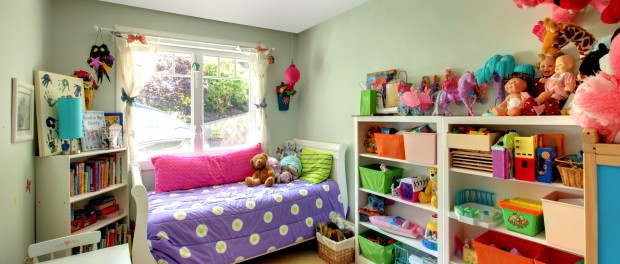Love and Things (Moving Children Away from Materialism)
by Linda Berman
How do parents deal with a world filled with materialism? What are family values? What is a solid family culture to teach children about gratitude and compassion? Explore the migration away from materialism and toward a culture of love.

The life journey is about having bliss and abundance. We thrive when we have the things in our lives that support our endeavors. This means everything from, berries from a bush, to technology that enables us to share our thoughts easily. It’s all out there available to everyone, but some people aren’t aware that it’s within their reach or available to them.
Some children are taught to work to earn money that they use to buy things. Some children are taught that things are there to be used and acquired at all costs. Some are taught that everything is disposable and replaceable, so use what you will and there will always be more.
Whatever a child is taught they get examples of how this applies in their life from watching those around them. They learn by example. This is how they learn to value what they have. And, their values determine what they acquire and surround themselves with later in their lives.
Humans have a lifespan and so do things. A wooden toy may be useful for a long time, then warp, crack, splinter or shatter into pieces. A wooden toy may last a long time if it’s valued and not used harshly or sits on a shelf – used hardly at all; a metal toy may last a lot longer and endure rough play. The longevity of anything a person chooses depends on how it’s cared for and valued.
We talk to our children about what things they might like to own, how to go about acquiring them, but often forget to teach about how to value and care about the things they have chosen.
If the acquisition of things is effortless there is a consequence. If the acquisition of things is burdensome there is a consequence. Depending on what they learn, they anticipate it will always be that way, but time changes things. Eventually, the parent changes and expects the child to adjust to a more mature scenario. The child resists change and wants the world to adapt to them. The child hasn’t learned the mastery that the parent knows but the child still wants the rewards. It’s a natural pattern. The youth may even become pouty because they don’t get their way or the things they want, when they want. They have skipped a step and need to learn the mastery.
Often it takes many steps of trial and error for a young adult to figure out how to get the things that they want in their lives. Then a little further down the road they begin to focus on the things they need to have in order to create a life and lifestyle independent of their parents.
They can acquire things more harmoniously out of a sense of love, appreciation and valuing what they have, which includes caring for the things they’ve chosen. Caring for your things is a form of appreciation. Within those actions resides a message that says “thanks” and “I still have a high regard and appreciation for having this in my life”. This creates a full cycle within a person, as they put love into what they want, appreciate what they have, and value every moment in love.
Bitterness, jealousy and anger can replace the love, based on a sense of lack. You cannot oversee every moment, but be aware of what you teach your young children by example.
This message is not about what you have but what you do with what you have. Keep the love flowing and with appreciation it will feel abundant.
Linda Berman is a writer, speaker and consultant. She brings rich life experience and deep insight to address topics related to individual growth, relationships, parenting, and family life.
Want to contact Linda? Email her at UnityHappens@gmail.com


















